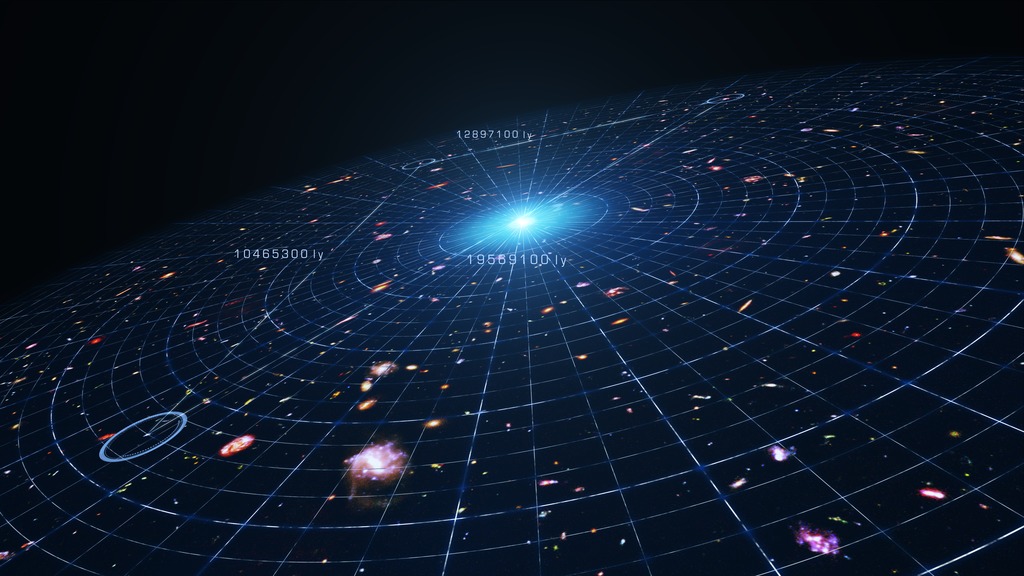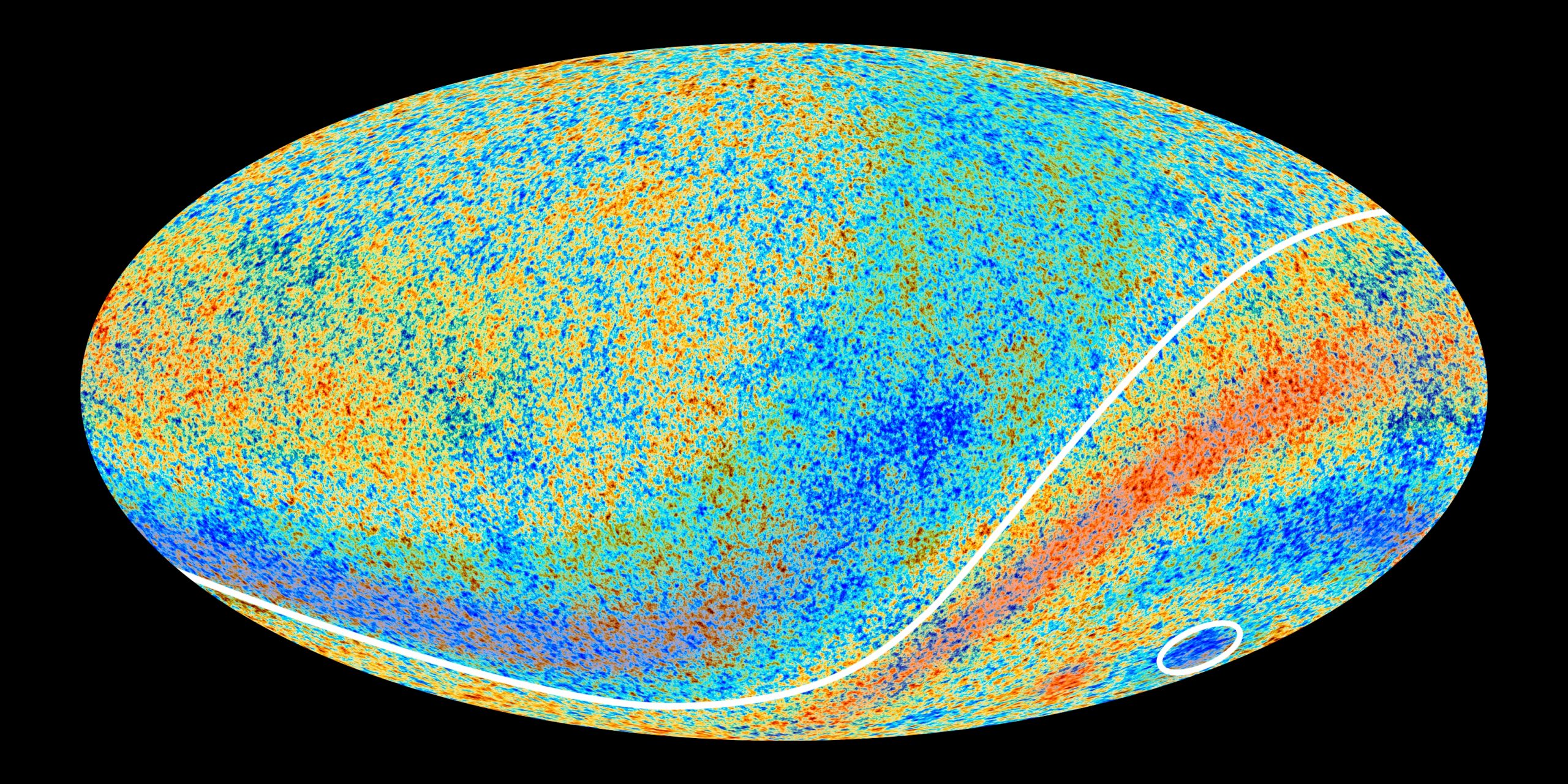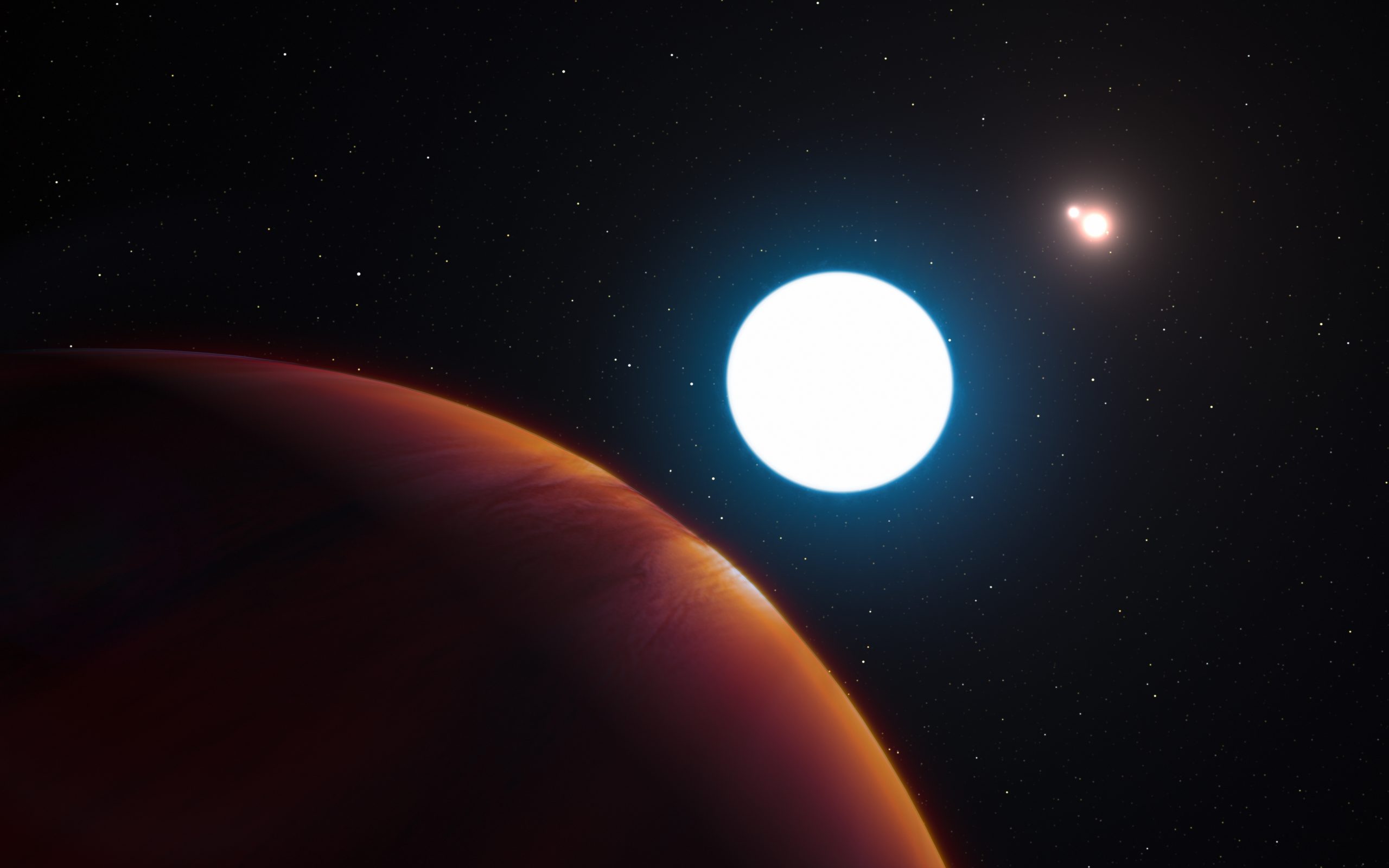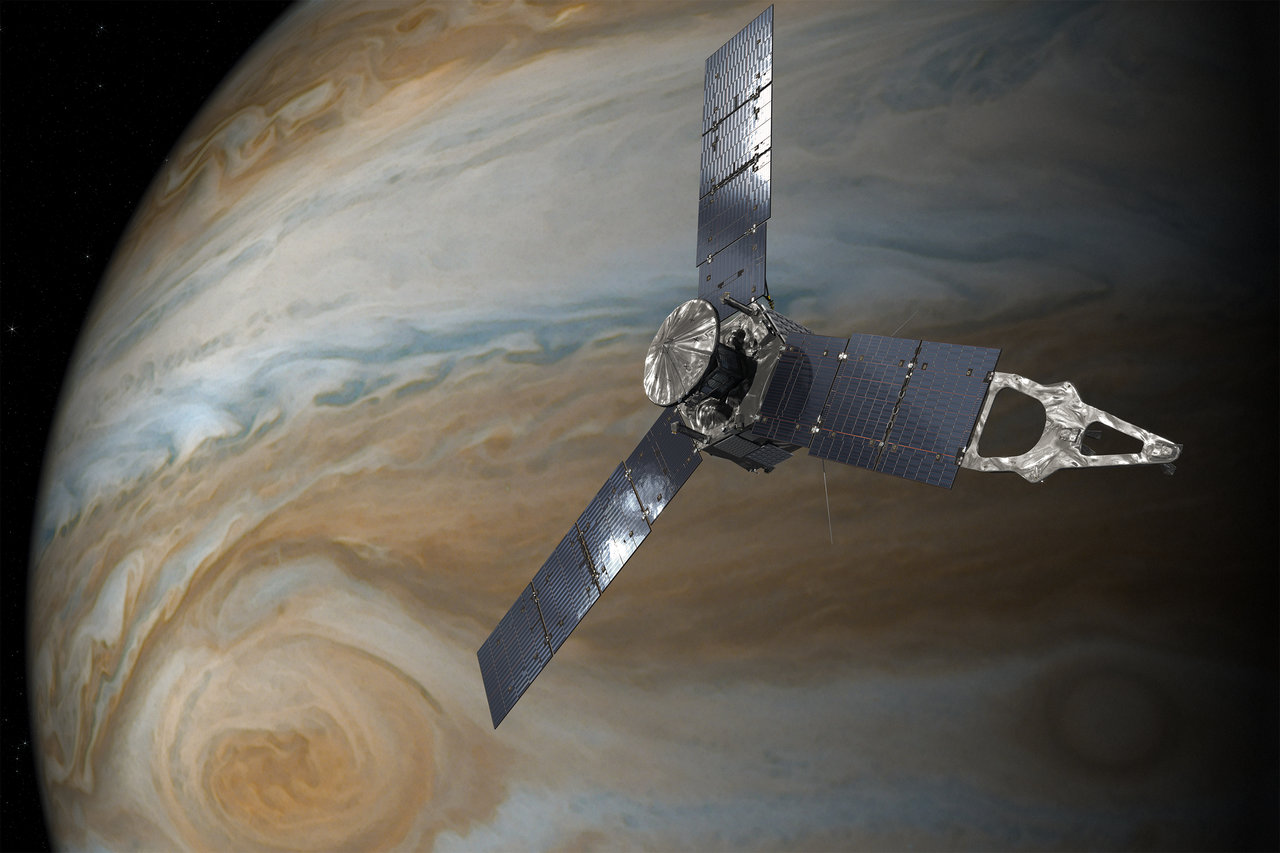It’s been a while since we checked to make sure the Universe was still expanding. Yeah, apparently, that’s still a thing. But in the last few years powerful new telescopes and expansive surveys have given us much more knowledge about what’s happening.











